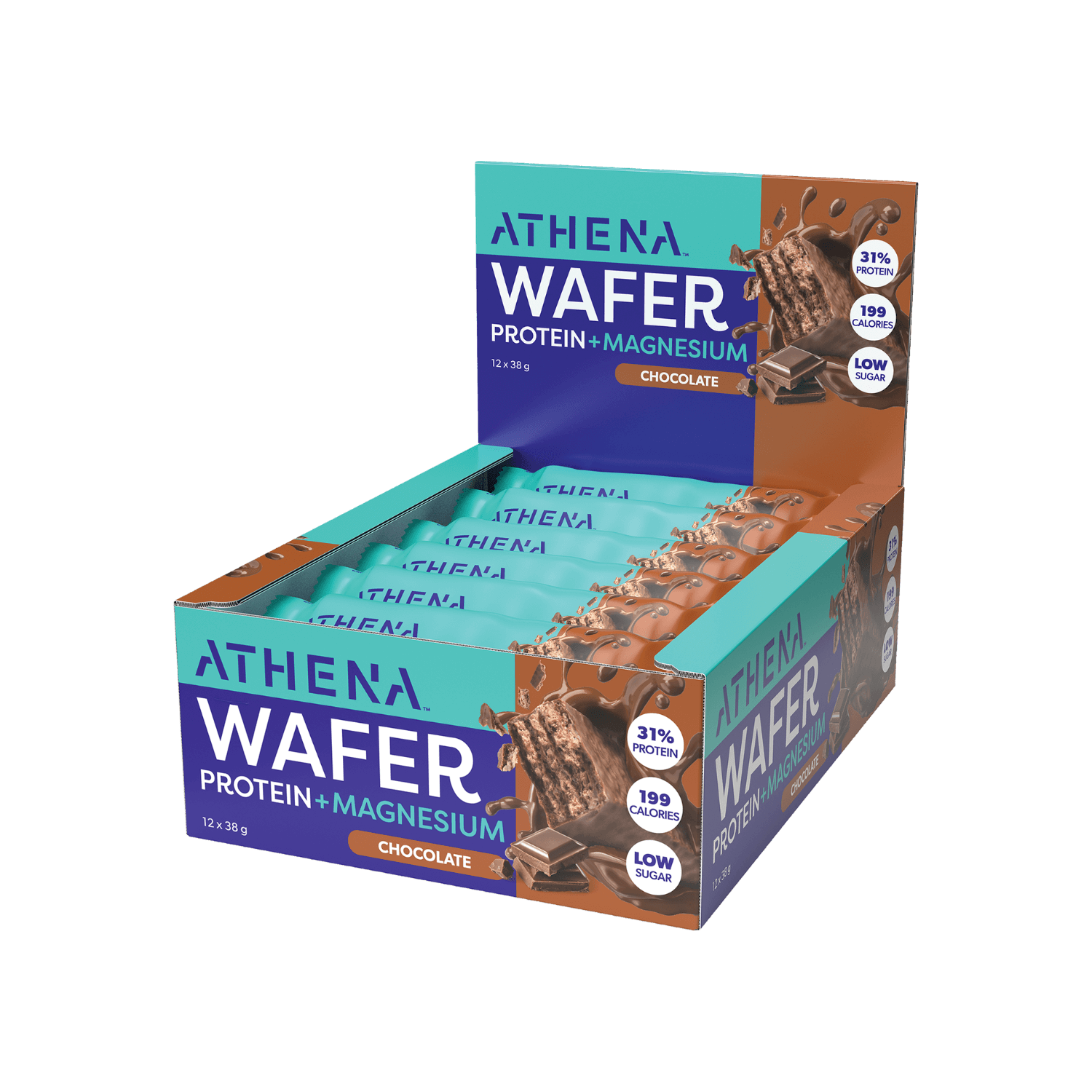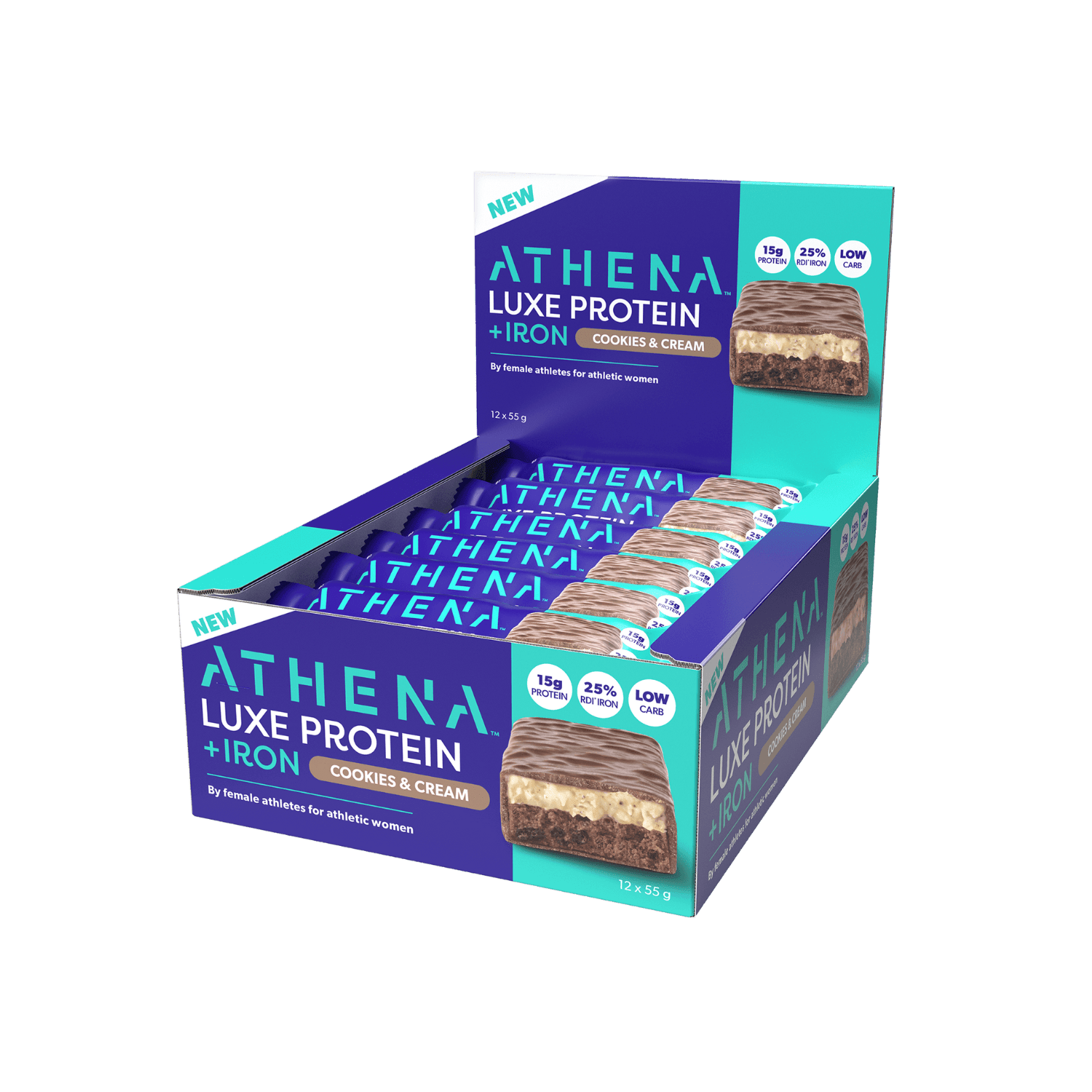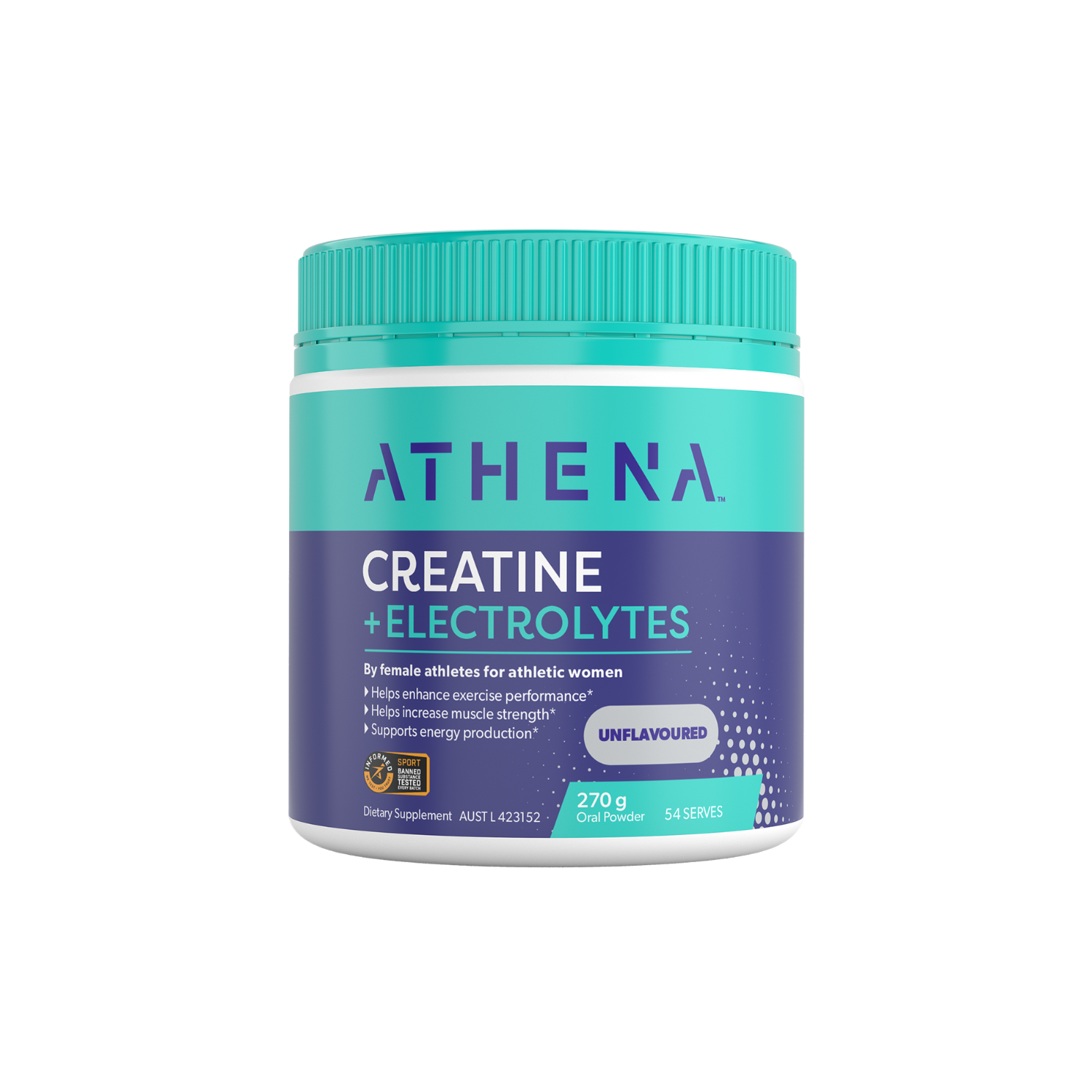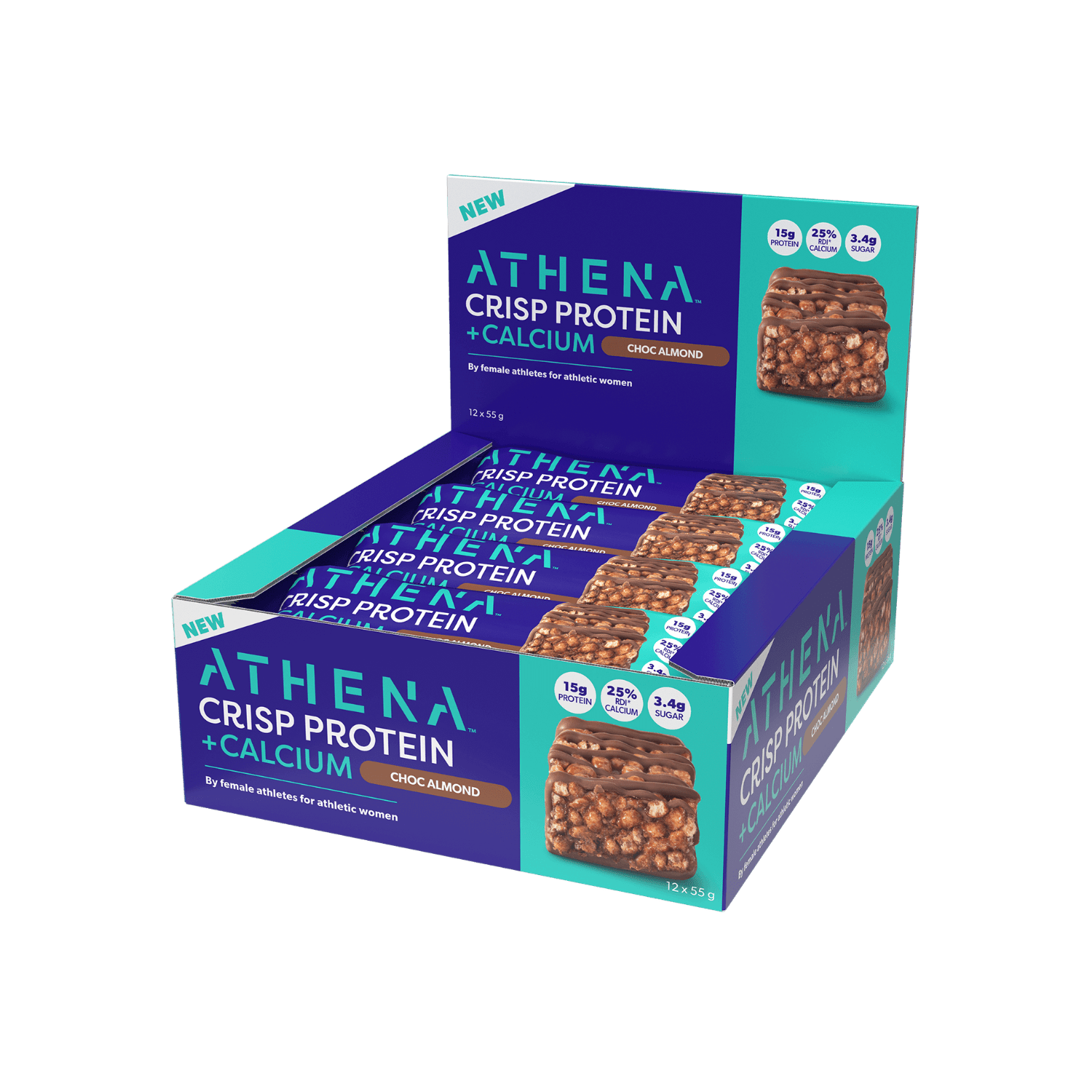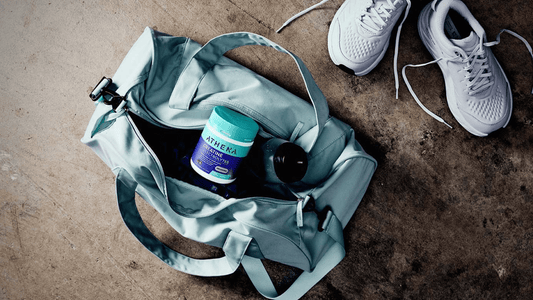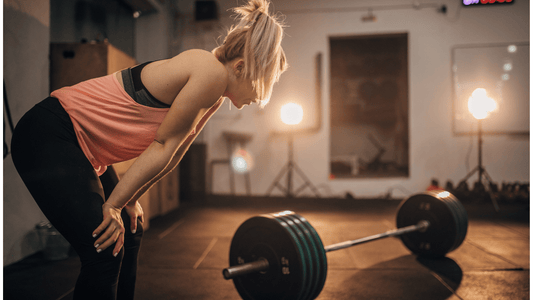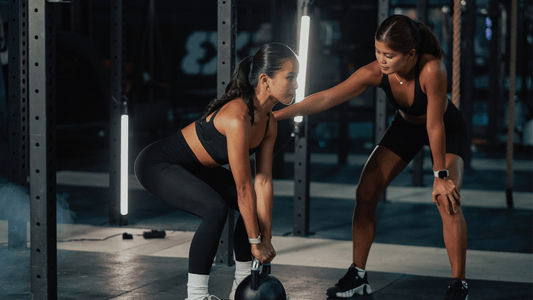As a Sports Nutritionist, I’m often asked about the differences between plant and whey protein, and whether plant-based protein powders can truly compete.
Whey protein has long been a staple in the fitness world. It’s a complete protein, meaning it contains all nine essential amino acids.
These amino acids can’t be produced by the body and must be obtained through the diet. Other complete protein sources include eggs, fish, quinoa, hemp seeds, and buckwheat.
Whey is quickly absorbed and easy for the body to utilize. However, it’s dairy-derived, which makes it unsuitable for vegans or those who follow a plant-based diet. It can also cause digestive issues for people who are lactose intolerant or sensitive to dairy.
On the other hand, plant-based proteins are derived from sources like peas, rice, hemp, chia, and soy. While they are a good alternative, most single-source plant proteins are incomplete, meaning they are missing one or more essential amino acids.
Fortunately, this issue can be addressed by blending complementary plant sources to create a complete amino acid profile.
Athena’s Plant Protein combines pea, rice, and chia protein to create a complete protein. This blend offers a complete amino acid profile like whey, and with added benefits that many plant-based formulas lack.
Why Some Women Need More Than Just Protein
If you’re an active woman, you’re probably already aware of how important protein is for muscle recovery, energy, and even appetite control.
Something we found in our research for Athena was the prevalence of iron deficiency in active women. Most studies report around 25-35% of women who train regularly are iron deficient, with even higher rates among those following plant-based diets.
Women have greater iron needs due to menstrual blood loss and hormonal factors. Often overlooked also are iron losses via sweat. Athena’s formula includes 5.8 mg of iron per serving, which is 30% of the recommended intake for women aged 19 to 50.
We’ve also included vitamin C to enhance iron absorption, which is such an important nutritional pairing.
Gut-Friendly Formula
Another issue report from active females is digestive discomfort. Bloating, gassiness, and sluggish digestion are surprisingly common.
Athena’s formula includes a blend of 5 digestive enzymes (papain, amylase, protease, lactase, and lipase) which help your body break down proteins, fats, and carbohydrates more efficiently.
Additionally, the formula includes MCT powder (a type of healthy fat that provides quick energy) and prebiotic fibre from soluble corn fibre to support gut health. Together, these ingredients promote a more complete and gut-friendly experience.
What About Taste and Texture?
Taste matters, and many plant-based protein powders fall short with gritty texture. Athena’s vanilla Plant Protein shake has a smooth texture and a sweet finish. It contains no added sugar, artificial sweeteners, gluten, dairy, artificial colours, flavours, or preservatives.
Customer feedback has been positive, and the blend recently received praise from the Vegan Guides on Instagram, the duo saying, “It’s so yum, it’s delicious, it’s a yes from me,”
Practical Nutrition
I will always advocate for a whole food first approach, but it’s not always realistic to prep every meal or carry protein-rich foods on the go. A well-rounded protein powder can be a great way to support your nutrition and add to well-balanced diet.
Protein also helps with satiety, keeping you fuller for longer. This can be helpful for managing appetite and reducing snacking. Athena’s formula is low in calories, sugar, and carbohydrates, making it versatile enough for post-workout recovery, a mid-morning snack, or a light breakfast.
It is also Informed-Sport certified, meaning it is tested for banned substances and contaminants. This adds an extra layer of assurance for athletes and health-conscious consumers alike.
Whether you’re transitioning toward a plant-based diet, dealing with food sensitivities, or just want something that works better for your body, a formula like this can be a smart and supportive option.
As always, your needs are personal—choose a product that aligns with your specific health and training goals.
- Larson-Meyer, D. E., Gaine, P. C., Rowe, S., Blanco-Rojo, R., Hall, M. N., McCabe, L. D., & McCabe, G. P. (2024). Optimizing iron status in physically active females: Evaluation of iron bioavailability with and without co-ingestion of vitamin C and iron supplementation (FeSup). Nutrients, 16(6), 828.
- Peeling, P., Sim, M., Badenhorst, C. E., Dawson, B., Govus, A. D., Abbiss, C. R., & Swinkels, D. W. (2019). Iron considerations for the athlete: A narrative review. European Journal of Applied Physiology, 119(7), 1463–1478.
- National Health and Medical Research Council (NHMRC), Australian Government Department of Health and Ageing, & New Zealand Ministry of Health. (2006). Nutrient reference values for Australia and New Zealand including recommended dietary intakes.





